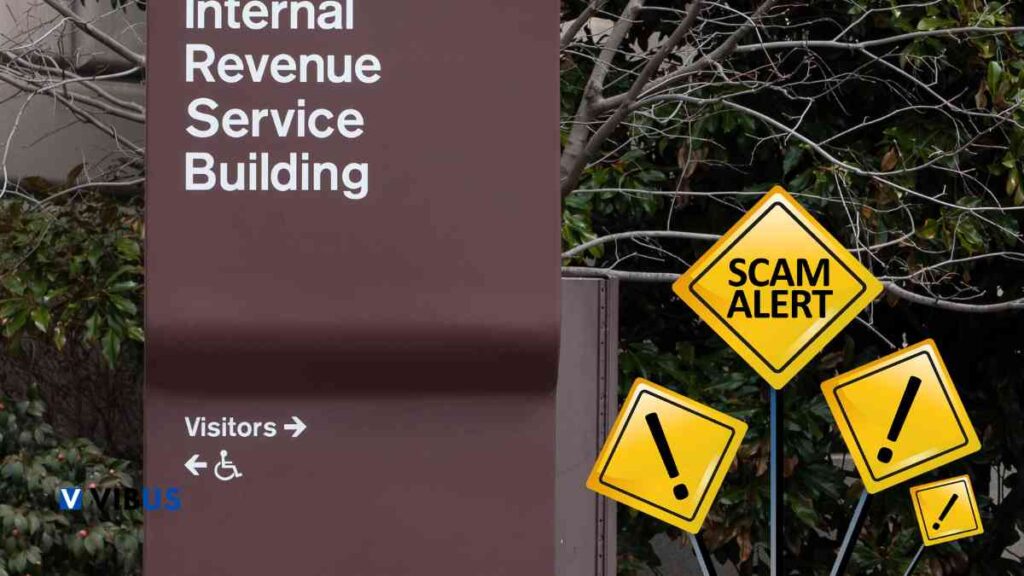False information and scams are increasingly prevalent, and unfortunately, many of these schemes are directed at the older members of our community. Recently, the Internal Revenue Service IRS issued a warning, alerting the public that scammers have been impersonating IRS agents to commit fraud.
Scammers often pose as reputable entities, like IRS agents, to fabricate evidence of their credibility. They might do this by mentioning some of your private information that they have already obtained or using technology to falsify caller ID. By mimicking the IRS, these scammers aim to create a sense of urgency and fear, making it more likely that the victim will comply with their demands.
IRS Alert: How scammers operate
This type of scam can take on various forms. One common scenario involves the scammer claiming that you owe a debt to the IRS. They might say that if you don’t pay immediately, you will face severe consequences such as arrest or deportation. In other cases, the scammer might tell you that you are due a tax refund or need to pay a fee to secure lottery winnings.
They use these fabricated stories to trick you into handing over your money or personal information. To make tracking them harder, scammers often request unconventional payment methods. Instead of asking for a check or bank transfer, they might request payments via an app, wire transfer, or gift cards. These methods are less traceable and offer the scammers a quick way to collect money without leaving a clear trail.
Precautions and how to respond
It is crucial to understand that the IRS will never initiate contact via text message, email, or social media. If you receive an unexpected phone call from someone claiming to be an IRS representative, it is best to hang up immediately. Do not engage in conversation, as this could provide the scammer with more information about you.
Never return the call using the number provided by the caller or the one that appears on your caller ID. Scammers can easily spoof phone numbers to make it look like the call is coming from a legitimate source. Instead, contact the IRS customer service directly at 800-829-1040 to verify any information. This direct approach ensures you are speaking with a genuine IRS representative who can confirm whether you actually owe any money or if there are any issues with your taxes.
Unlike legitimate IRS agents, scammers will pressure you to act immediately. They use high-pressure tactics to make you feel like you don’t have time to think the situation through. They might threaten you with arrest, deportation, license suspension, or even claim that your computer has been infected with a virus. These threats are designed to scare you into compliance, but it’s important to stay calm and not give in to their demands.
Important reminder from the irs
The IRS wants to remind everyone that they will never demand immediate payment in this manner. If you owe taxes, you will receive a bill through the mail, giving you time to review and dispute the amount if necessary. The IRS follows a formal process, and they provide taxpayers with the opportunity to question and resolve any discrepancies.
The IRS will not request prepaid cards, gift cards, or wire transfers, nor will they ask for credit or debit card numbers over the phone. Any such request is a clear indication of a scam. If you receive such a request, hang up immediately and report the incident.
If you or someone you know has fallen victim to a scam targeting seniors, it’s important to take action. Contact the Elder Fraud Hotline at 833-FRAUD-11. This hotline is dedicated to assisting victims of elder fraud and can provide guidance on what steps to take next. Additionally, reporting the scam can help prevent others from becoming victims.
In conclusion, staying informed and vigilant is key to protecting yourself and your loved ones from IRS impersonation scams. Always verify the authenticity of any communication claiming to be from the IRS, and remember that the IRS will never demand immediate payment or use high-pressure tactics. By following these precautions, you can safeguard your personal information and financial security.
